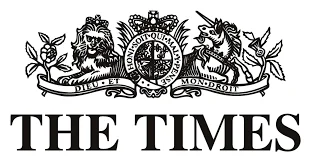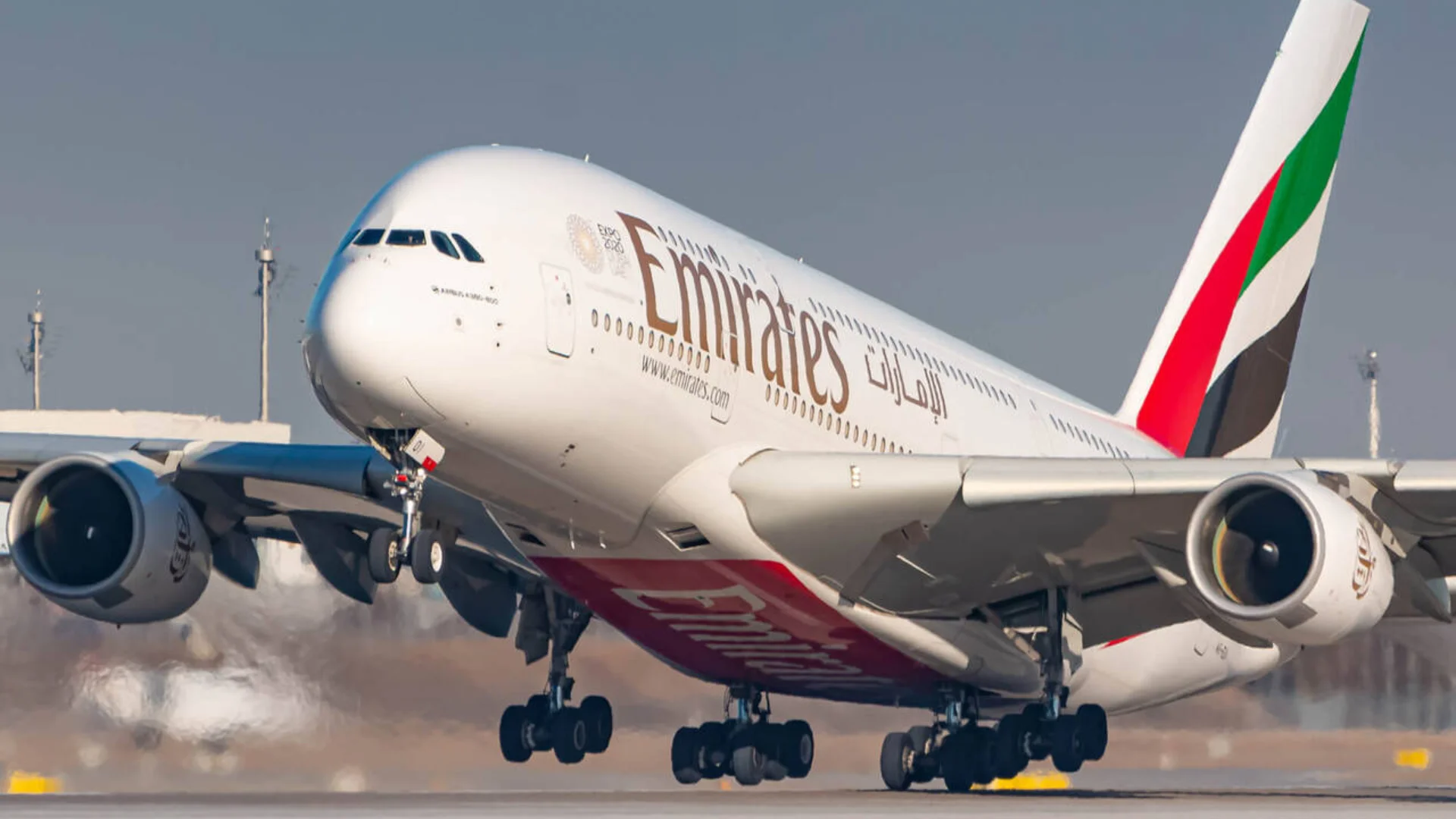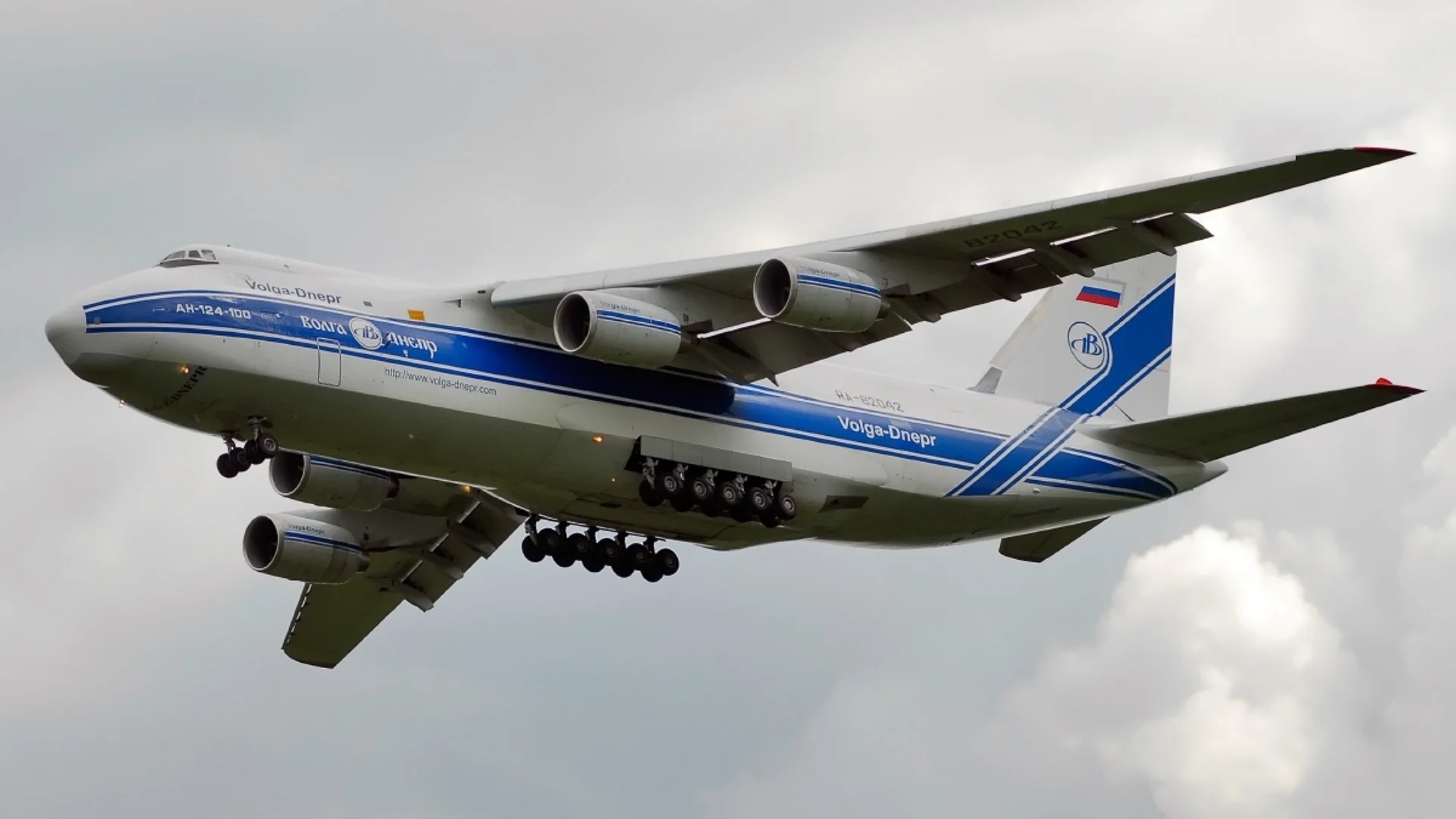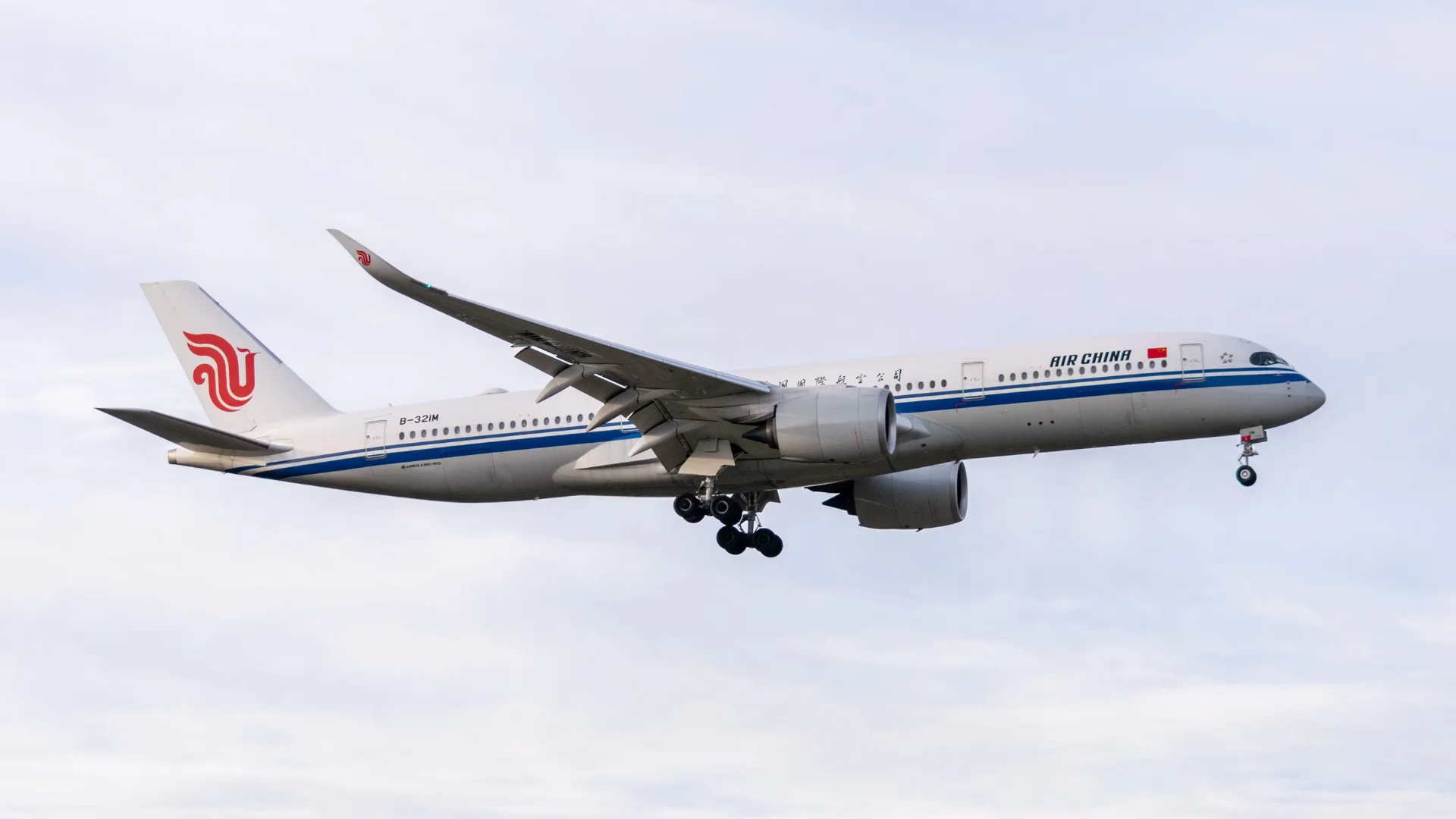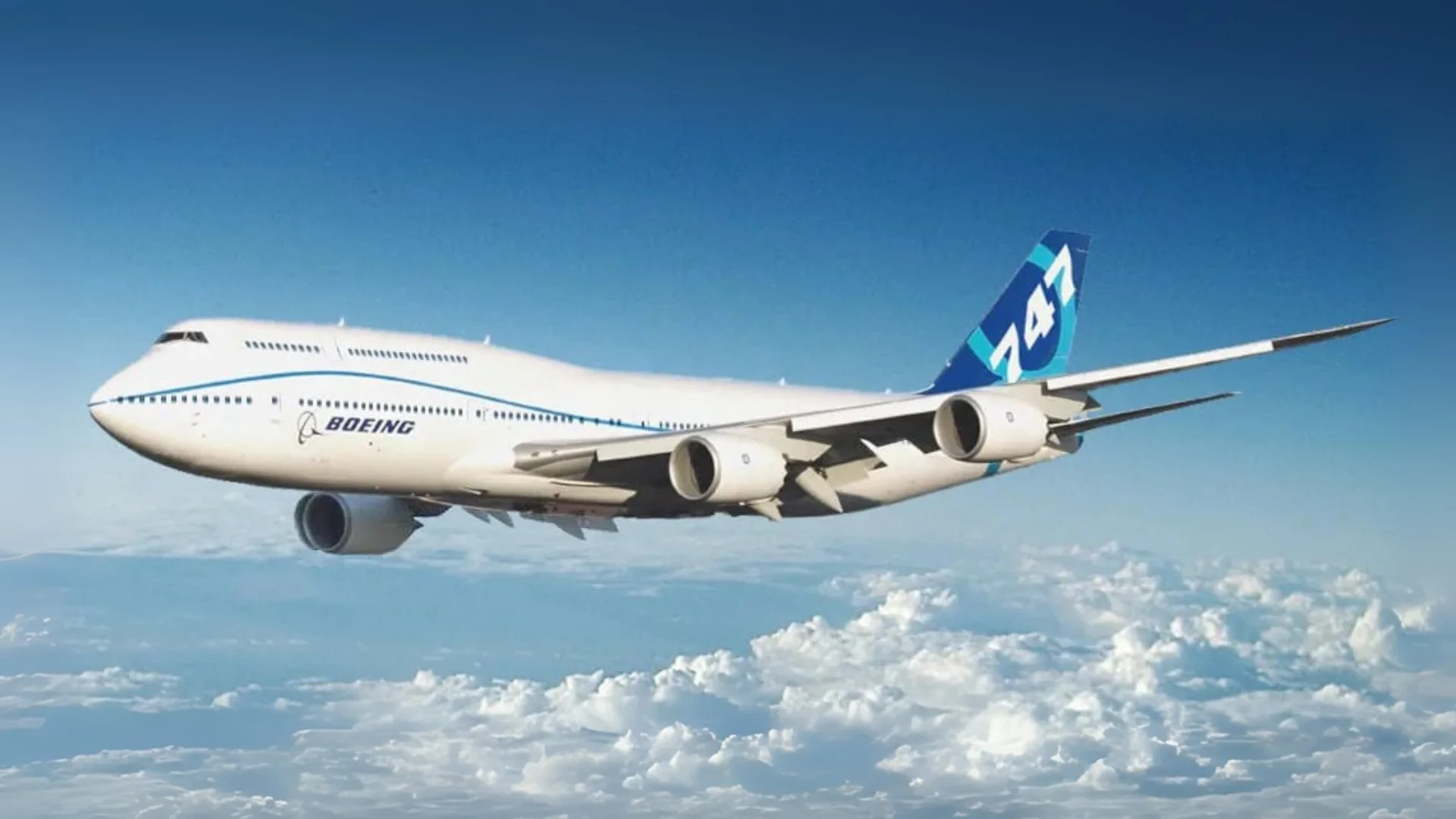Although neither airline has officially confirmed the introduction of a "basic business" class, both have suggested changes might be coming. Glen Hauenstein, Delta's president, mentioned that their main cabin model could serve as a template for future offerings across all cabins.
United executives were similarly non-committal but acknowledged their focus on providing more choices to customers. "We look forward to continuing to diversify our revenue base," Nocella said.
If implemented, these changes could mean restrictions similar to those seen in basic economy but tailored for long-haul business class. Potential limitations might include charges for checked bags or seat selection—already common practices among some European carriers.
Reactions from frequent travelers are mixed. Elizabeth Lovell commented that people don't fly business class for a "basic" experience. Travel adviser Nicole LeBlanc added it's unreasonable to charge extra on top of high ticket prices.
Analysts see profit potential in offering varied options within business class without alienating customers. Tom Fitzgerald from TD Cowen believes this flexibility could appeal to premium leisure travelers who have increased their business-class travel since the pandemic.
Airlines emphasize that these developments aim to provide more choices for passengers. For example, United plans to introduce an upscale Polaris Studio option on its Boeing 787 Dreamliners.
Frequent traveler Emily Brown expressed willingness to wait before forming an opinion on any new restrictions airlines may impose. She is open to paying fewer points if it means no checked bag but desires lounge access and complimentary seat selection.
As airlines explore these possibilities, passengers will have to wait for official announcements regarding any changes in fare structures and associated amenities.
 Alerts Sign-up
Alerts Sign-up















